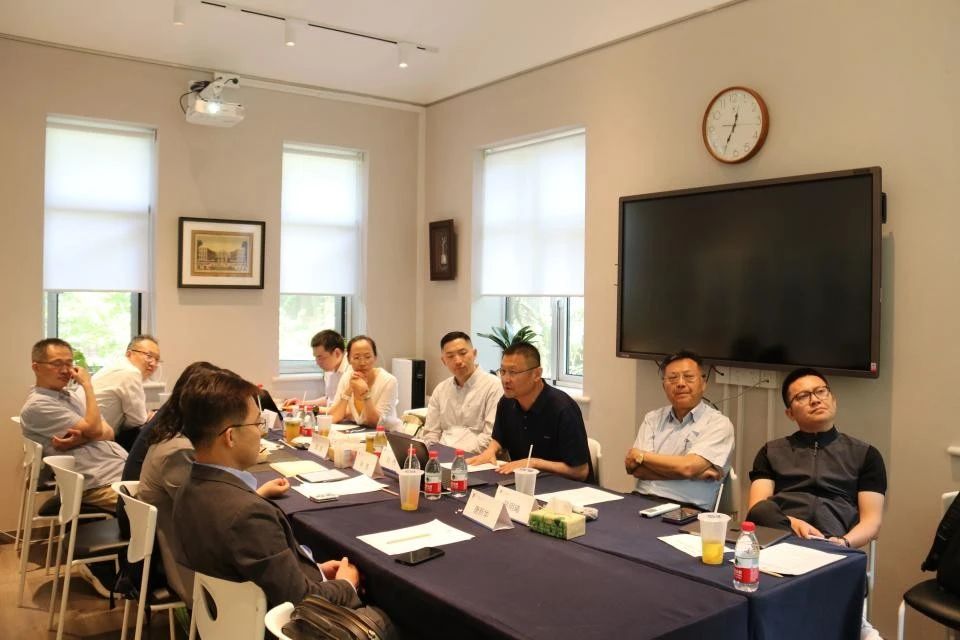On May 28, 2025, the Center for International Security and Strategy (CISS) at Tsinghua University held the 20th session of the CISS StratFocus Forum, themed “Observing Trends in U.S. Technology Strategy under Trump 2.0.” The keynote speaker was Dr. Tang Xinhua, Associate Research Fellow at the Institute of International Relations, Tsinghua University. Commentators included Dr. Jiang Tianjiao, Associate Professor at the Fudan Institute of Development Studies, and Mr. Gu Dengchen, Director of the Policy and Regulation Research Center at the Ali Research Institute. The forum was moderated by Dr. Xiao Qian, Deputy Director of CISS.
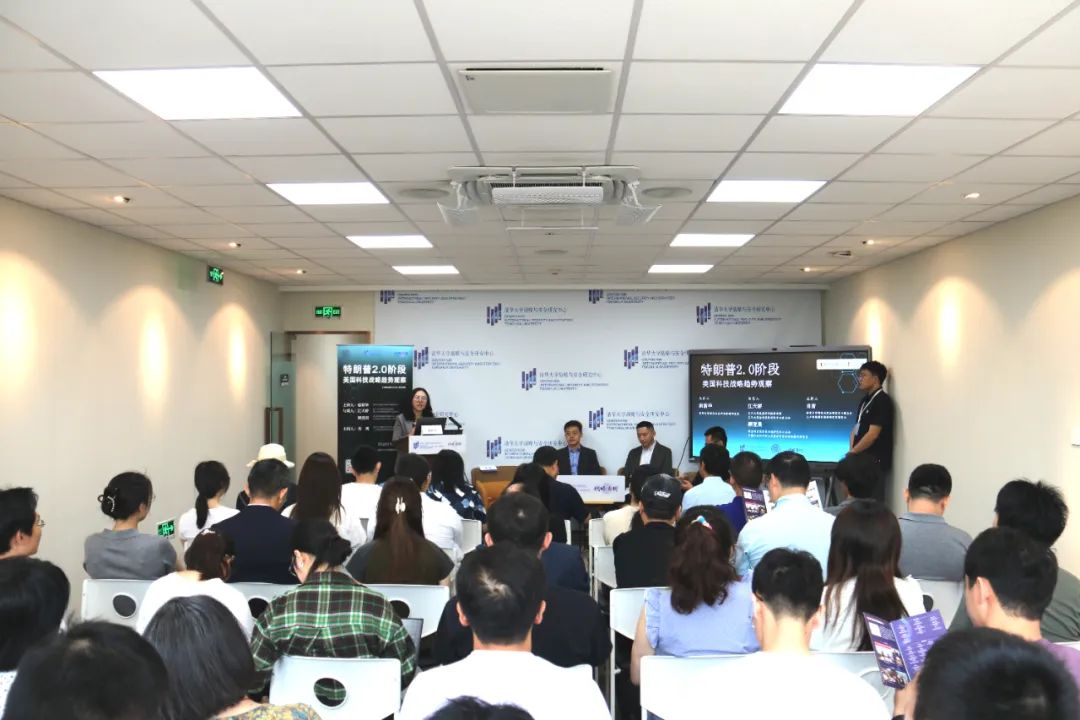
Dr. Tang provided a systematic analysis of the core and challenges of U.S. technology strategy under a potential Trump 2.0 administration. He noted that the Trump administration aims to usher in a “golden age of innovation,” with policies focused on frontier areas such as artificial intelligence, quantum technologies, biotechnology, nuclear energy, and space technologies. Strategically, the “small yard, high fence” approach has evolved further under new isolationist trends. Domestically, the U.S. seeks to protect intellectual property and research security, strengthen supply chains for chips and critical minerals, and upgrade export controls. Internationally, it aims to reshape alliances based on the “America First” principle, requiring allies to take on greater responsibilities. However, Tang also highlighted several key dilemmas: internal contradictions in economic security goals, challenges in reshoring manufacturing, crises of trust in transatlantic relations, and high dependency on foreign sources for critical minerals. He concluded that technological power has become central to hegemony, shifting the paradigm of international competition from geopolitics to “techno-politics.” He emphasized the importance of China promoting and practicing international cooperation in science and technology, actively integrating into global innovation networks, and avoiding self-isolation.
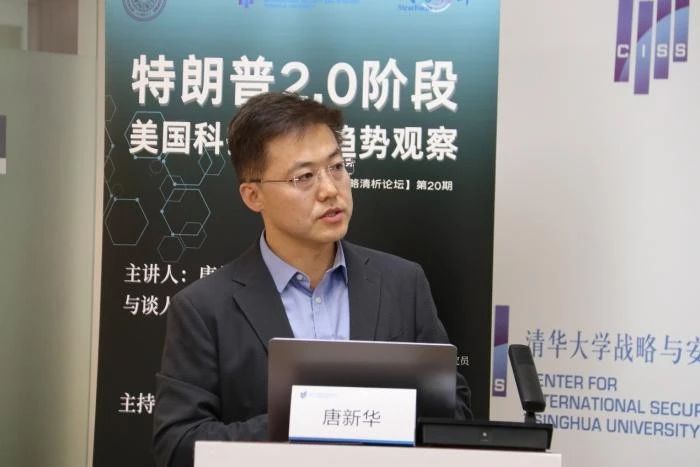
In the discussion segment, Dr. Jiang offered further insights into the policy dilemmas under Trump 2.0. He observed that while quantum technologies are emphasized, substantial progress is limited due to domestic coordination issues. The foundational advantage in biotechnology has not been adequately addressed. Nuclear energy expansion is constrained by safety concerns and practical engineering capabilities. Data policy is trending toward conservatism, and space goals are overly reliant on private giants like Elon Musk, raising concerns about sustainability. Jiang also questioned the narrative of “cutting debt to fund innovation,” arguing that the hollowing out of U.S. industry was a strategic choice, and that current technological dominance was in fact built on innovation supported by past debt.
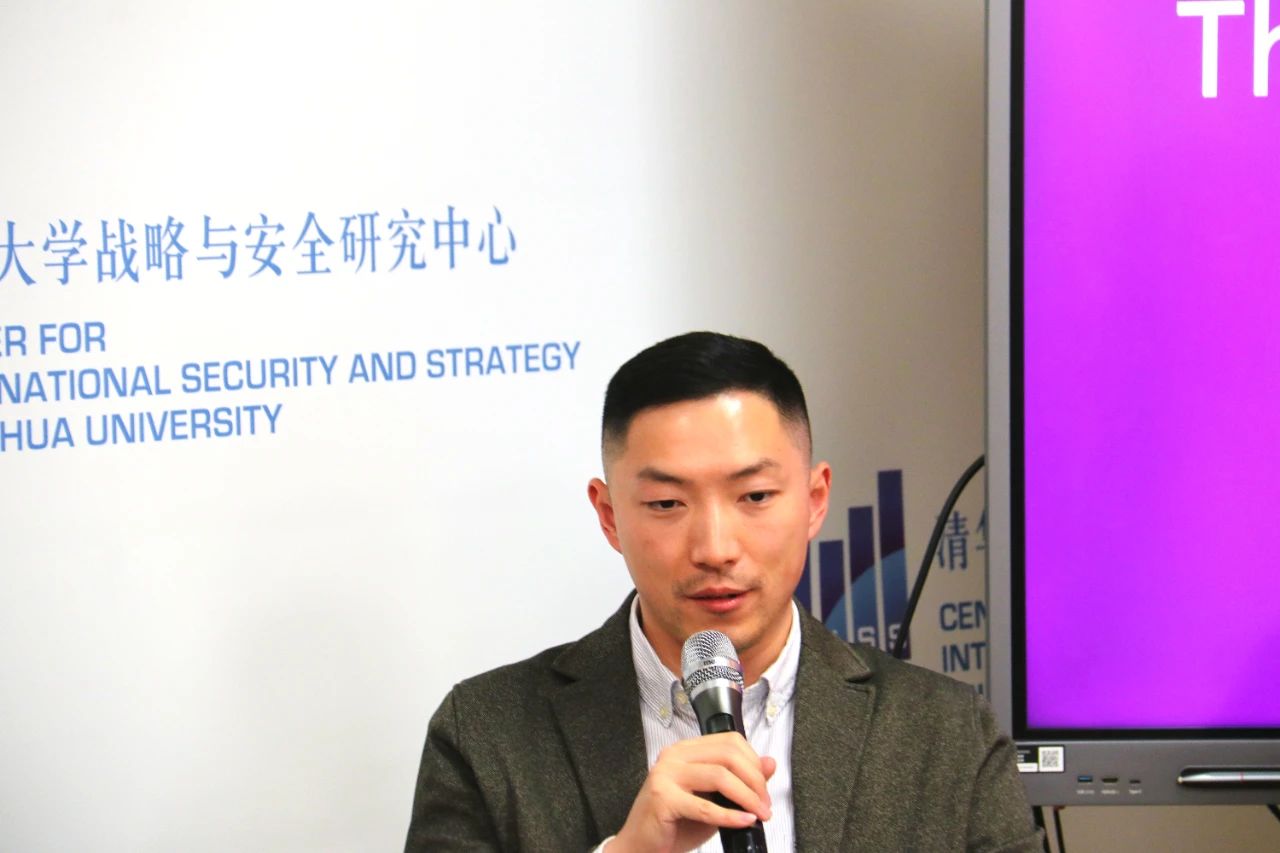
Mr. Gu emphasized that many contradictions in U.S. policy stem from the rise of China's industrial capabilities. He noted that Trump’s AI policy logic remains largely unchanged and that dramatic policy shifts are unlikely, though implementation remains challenging. He recommended that China seize the current strategic window to enhance its capabilities in key sectors like AI and clean energy, while drawing lessons from the U.S. experience in global market expansion.
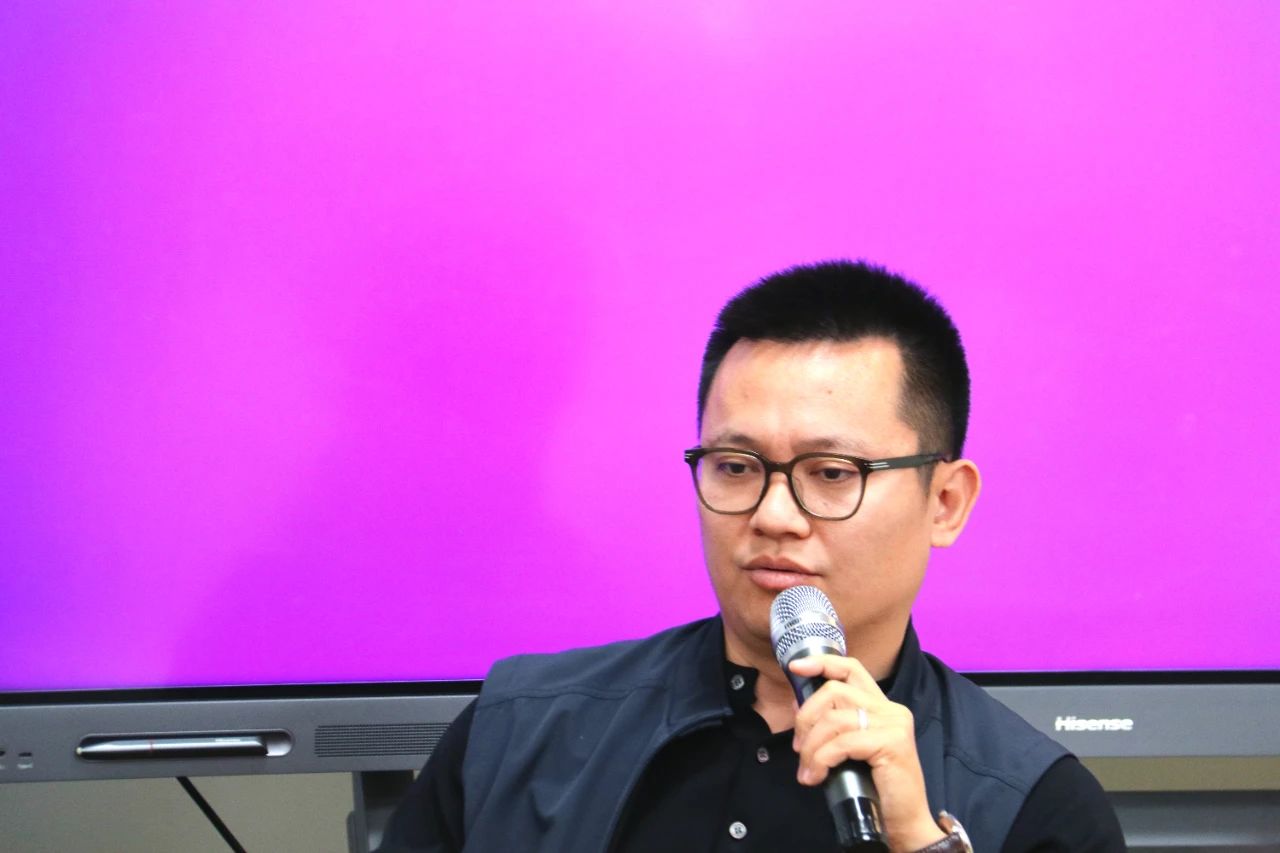
During the Q&A session, audience members raised questions about the future potential of quantum technologies, the implications of Trump-era research security policies for China, and the direction of U.S. energy policy. The speakers responded in turn, engaging in further discussion with the attendees. Moderator Xiao Qian concluded by noting that since Trump’s first term, U.S. tech policy has aimed to preserve technological supremacy and prevent China from catching up. The Trump 2.0 agenda brings new developments in this direction. The guest speakers’ insights provided a deeper understanding of current U.S. technology strategy and its evolving trajectory, helping to better navigate the complex and shifting international political landscape.
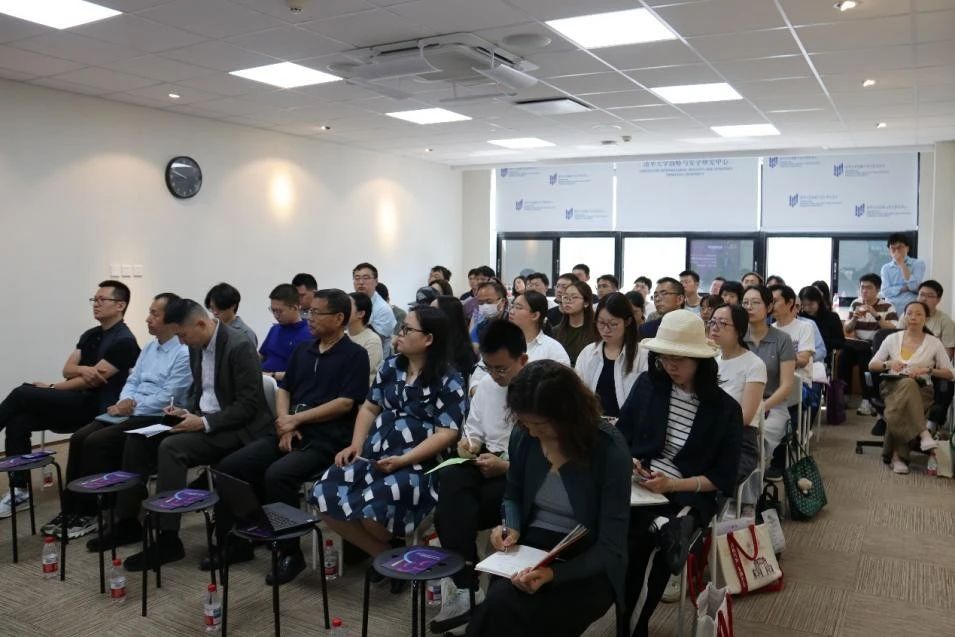
Following the forum, CISS also held the 92nd session of the Security and Strategy Seminar—a roundtable titled “The Impact of U.S. AI Armament on China-U.S. Strategic Stability.” The event was also moderated by Dr. Xiao Qian, who is Deputy Director of CISS, Director of the Office of International Cooperation and Exchange, and Deputy Director of the Institute for AI International Governance. The seminar brought together over a dozen experts and scholars from institutions such as Tsinghua University, Fudan University, Beijing University of Posts and Telecommunications, National Defense University, Ali Research Institute, Baidu Development Research Center, and China North Industries Group. Discussions focused on the intelligence era following large models such as DeepSeek, and how the militarization of AI in the U.S. affects strategic stability between China and the United States.
